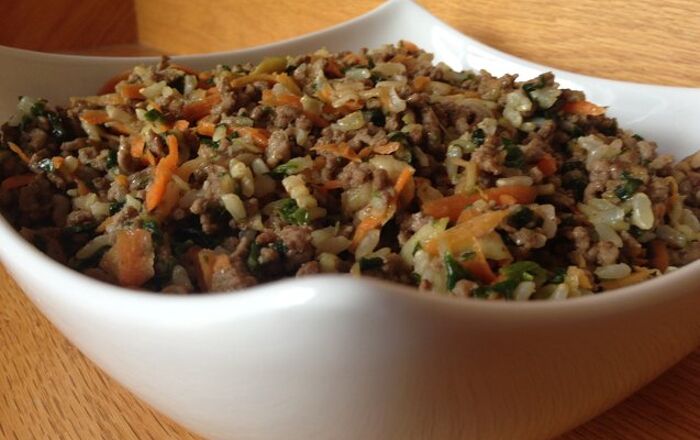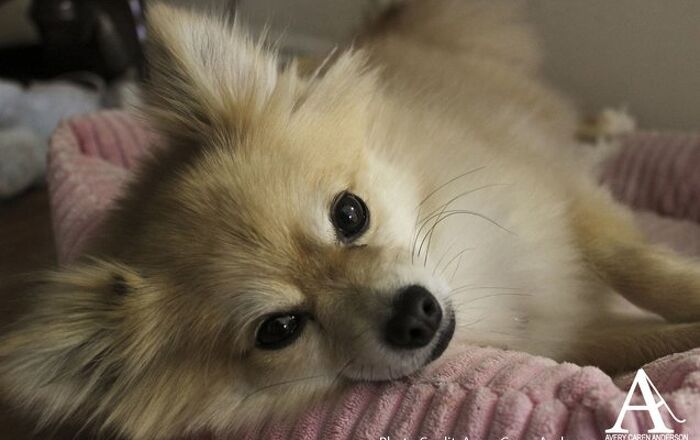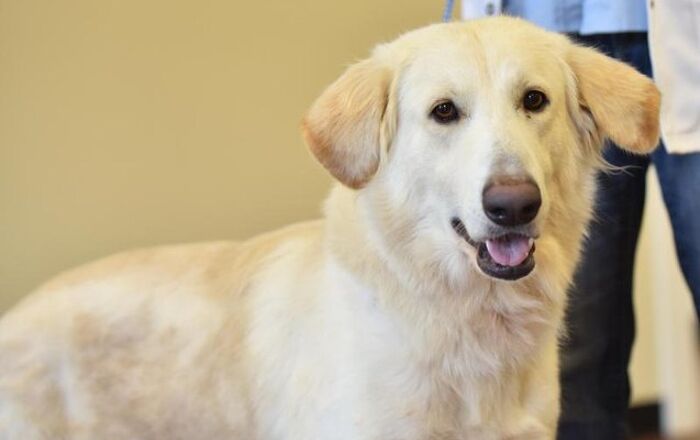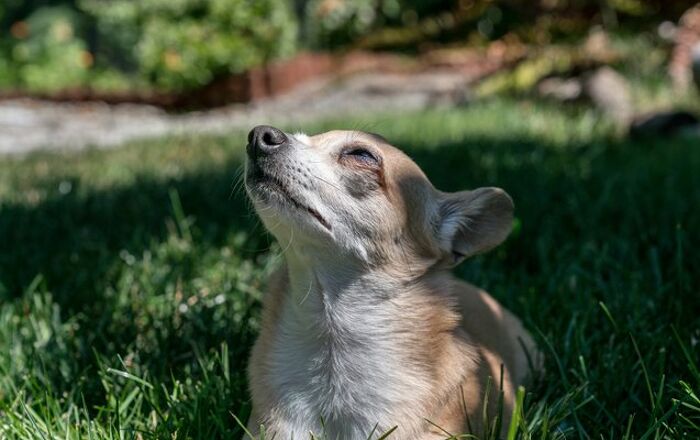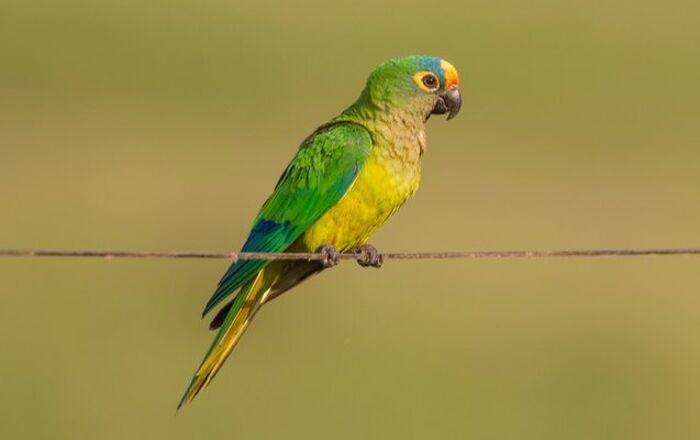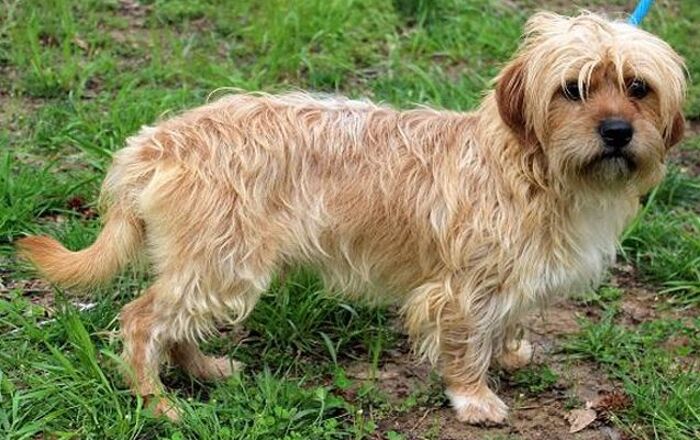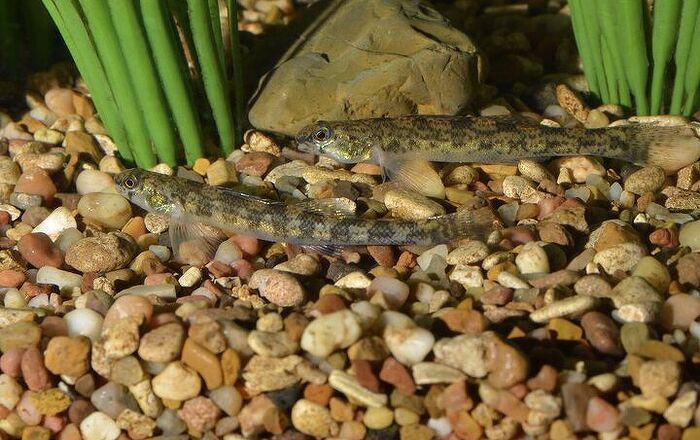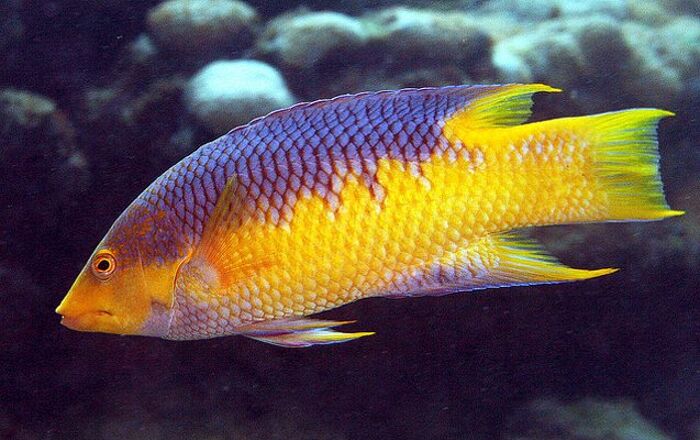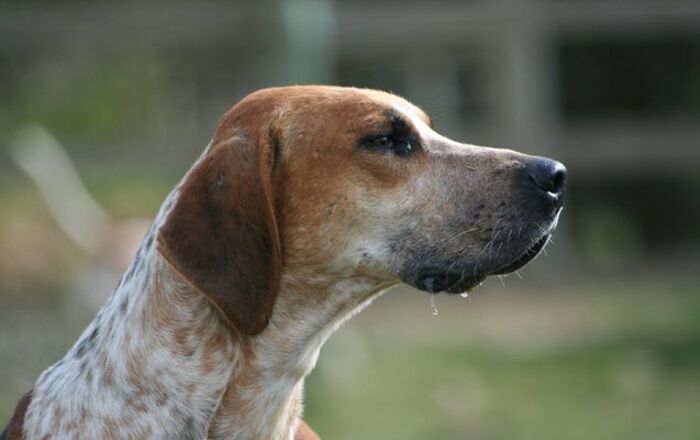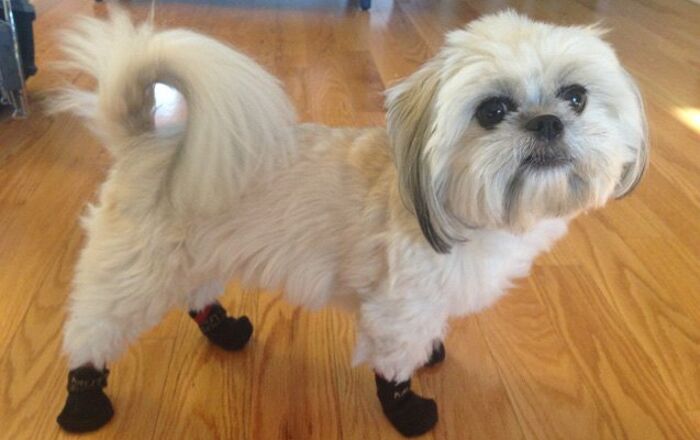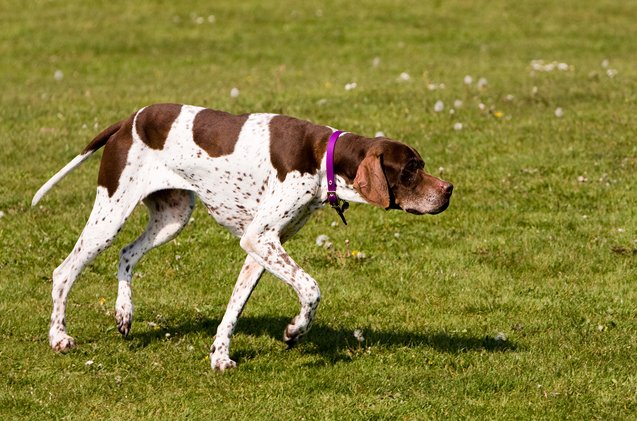
English Pointer Basics
If you are looking for an even-tempered, medium- to large-sized dog that excels at hunting, look no further than the Pointer. The Pointer, also known as the English Pointer, is a friendly and intelligent dog with a strong build and high energy levels that loves to hunt. Not only are these dogs even-tempered, but they get along great with children and rarely show aggression toward people or other dogs.
The Pointer, also known as the English Pointer, is a friendly and intelligent dog with a strong built and high energy levels that loves to hunt.
Origin
The history of the Pointer breed is up for debate, though records of the breed date back to about 1650. One source claims that the Pointer breed was developed during the 16th and 17th centuries when other pointing breeds such as the Portuguese and the Spanish Pointer were brought to England from the mainland. Though the exact details of the breed’s history are unknown, it is commonly thought that four breeds played a role in the breed’s development – the Greyhound, Foxhound, Bull Terrier, and the Bloodhound.
The Pointer breed was first brought to the United States in the late 1800s. At this time, the English Setter was the bird-hunting dog of choice and pointing breeds were not allowed to compete in field trials alongside setters. By 1910 the Pointer breed had been developed to the point that it out-competed setters. Today, the Pointer is a member of the Sporting Group for the AKC. Though this breed is often referred to as the English Pointer, its official name even with the British Kennel Club is simply Pointer.
Pedigree
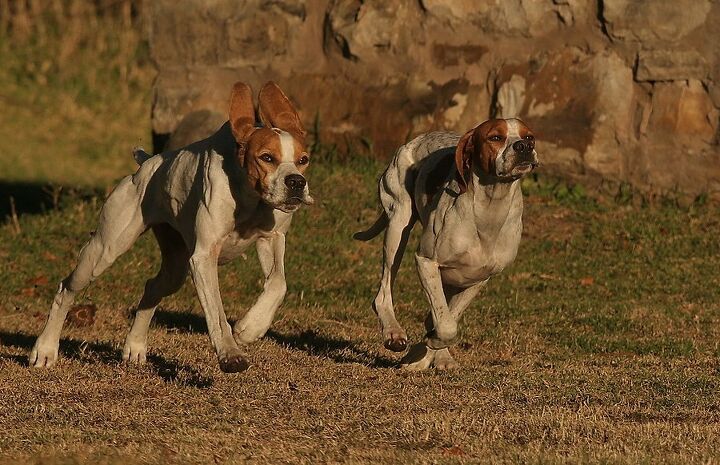
The Pointer breed is thought to have been developed from four established breeds whose characteristics were useful in developing the hunting abilities of the breed. These include the Greyhound, Foxhound, Bull Terrier, and the Bloodhound.
Food/Diet
Given that the English Pointer is a naturally active breed, you should consider providing him with a dog food formulated for active dogs, particularly one with a high protein content. You should also make sure that the food is formulated to meet the needs of large-breed dogs. If your dog does not receive daily exercise, be careful not to overfeed him or he may become obese.
The English Pointer can be somewhat strong-willed, so it is important that you start training from an early age.
Training
The English Pointer can be somewhat strong-willed, so it is important that you start training from an early age. Pointers are very smart, so they pick up on training quickly but they may test your resolve from time to time. The Pointer breed can be trained for pointing, honor, and retrieving though, in reality, they will enjoy any sport or game you teach them.
Weight
The Pointer reaches an average height between 23 and 28 inches and achieves a weight of 44 to 75 lbs. at maturity. Males of the breed tend to be slightly larger than females.
Temperament/Behavior
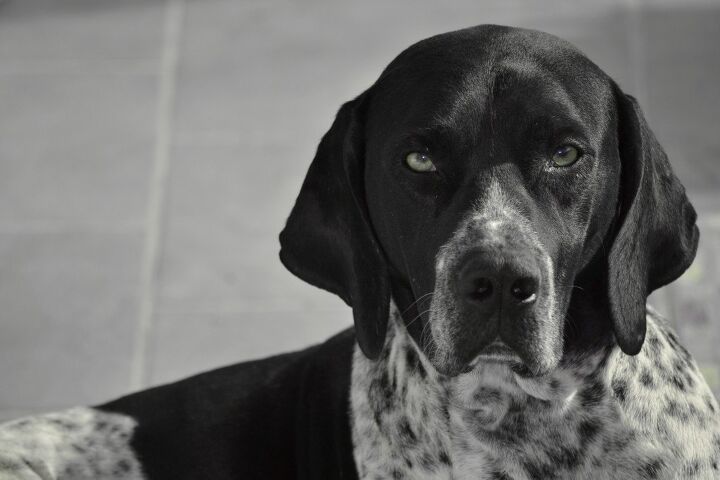
The Pointer is an active and friendly breed that is affectionate with family. These dogs love to spend time with family and they typically do very well with children when they are raised together from a young age. It is important to note, however, that Pointers can be rambunctious so supervision around children is recommended. This breed is not suited for apartment-style or urban living because they require a great deal of daily exercise and plenty of time outdoors. English Pointers generally get along well with other dogs and household pets when raised together, though they may be a little too interested in pet birds so keep the two apart.
Common Health Problems
Exercise is incredibly important for the health and wellbeing of the Pointer breed. These dogs are generally healthy but, like all dogs, they are prone to developing certain conditions. Some of the most common conditions affecting the Pointer breed include entropion, cataracts, hip dysplasia, progressive retinal atrophy, and epilepsy. These dogs are also prone to allergies and minor injuries related to hunting and tracking.
Life Expectancy
The average lifespan of the Pointer breed is between 12 and 15 years.
Exercise Requirements
Because the Pointer was bred for hunting, it is a naturally high-energy dog that requires a good deal of daily exercise. A simple walk will not do for this breed – they require vigorous exercise on a daily basis or they will become destructive in the home. Other behavioral problems may develop as a result of insufficient exercise.
The Pointer is an active and friendly breed that is affectionate with family.
AKC
The Pointer breed made its first appearance in the Westminster Kennel Club Show in 1877 and it is currently recognized as a member of the Sporting Group by the AKC. Here’s what the American Kennel Club has to say about the breed: “A hard-driving hunting dog possessing stamina, courage, and the desire to go, the Pointer is bred primarily for sport afield and definitely looks the part. He gives the impression of power and grace, with a noble carriage, an intelligent expression and a muscular body.”
Coat
The Pointer has a short coat that does not require a significant amount of grooming other than occasional brushing. These dogs exhibit a wide range of colors including liver, white, lemon, orange, and black. Though solid colored Pointers do exist, bi-color dogs are more common.
Puppies
Training and socialization of Pointer puppies is important from a very young age. If you plan to train your dog for hunting and pointing, start him as soon as possible – puppies typically start to display pointing behaviors as early as eight weeks.
Photo credit: BrandonHarvey/Bigstock.com; Kaz55/Bigstock.com; Melanie Delgado Phillips/Bigstock.com


